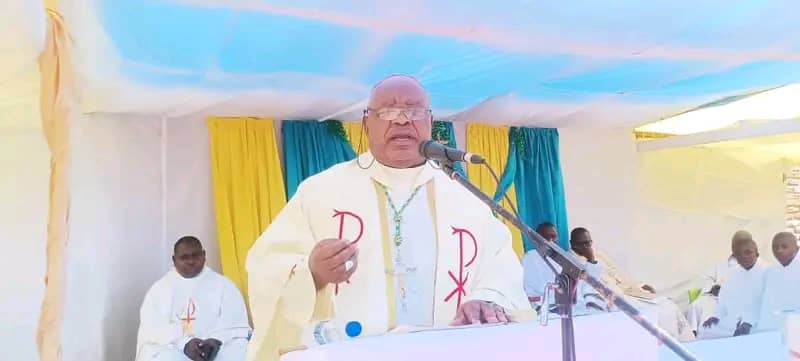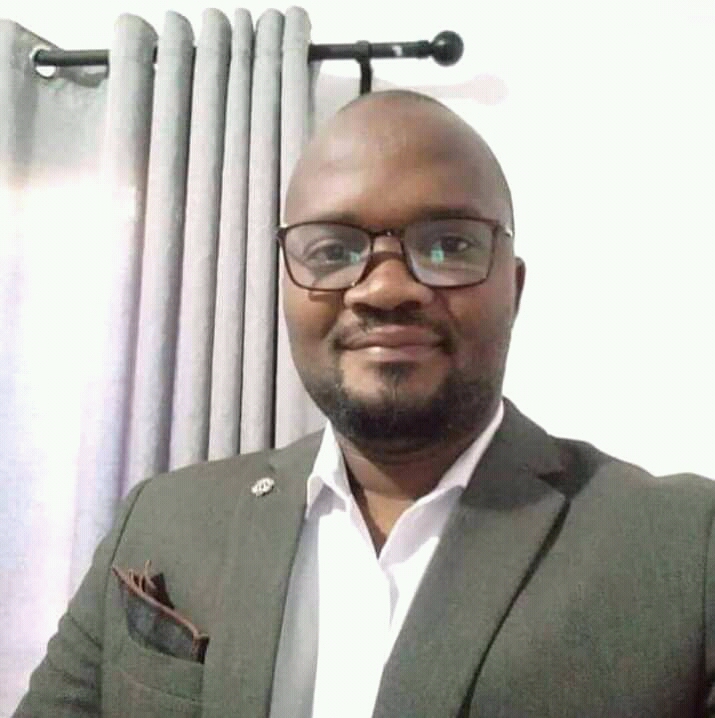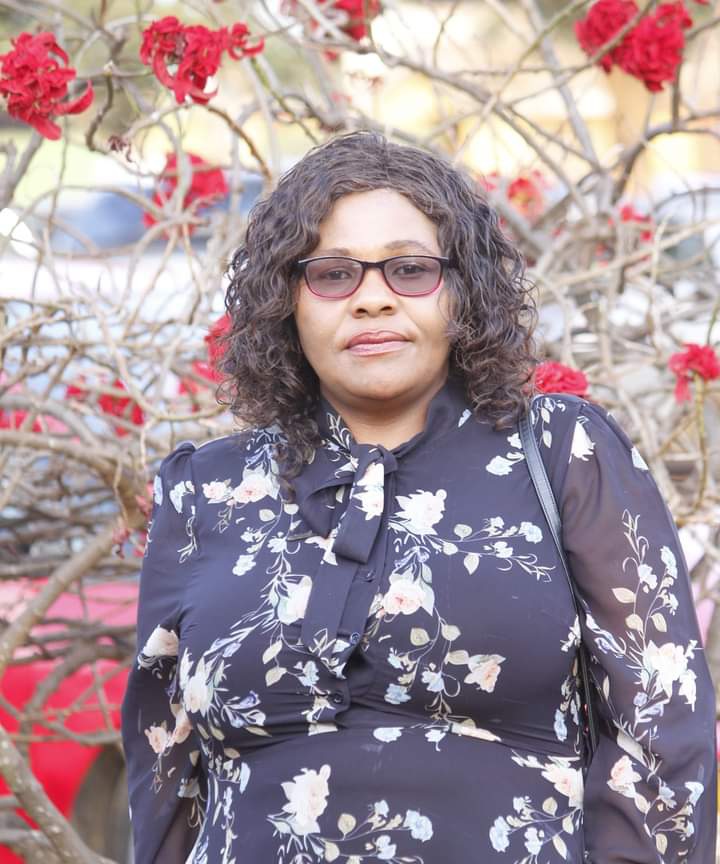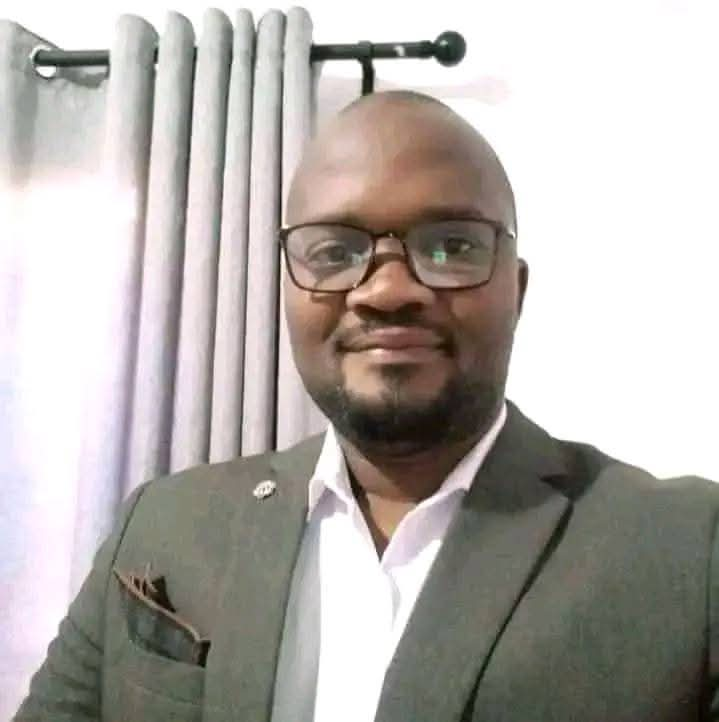By Burnett Munthali
On Saturday, 3rd May 2025, Bishop Martin Mtumbuka delivered a powerful and timely message to the Malawi Defence Force (MDF) during a significant event held in Mzuzu.
In his address, the bishop did not mince words as he reminded the military establishment of the foundational principles upon which the Republic of Malawi is built.
He emphatically stated, “We are not under military junta,” a declaration that immediately captured the attention of both the uniformed officers present and the broader national audience.
The statement served as a stark reminder of Malawi’s constitutional order — that the country is a democratic state where civilian authority governs above military might.
Bishop Mtumbuka, known for his courageous moral voice, emphasized that the role of the MDF is clearly defined in the Constitution and should never be overstepped.
He warned that in a democratic nation, the military must remain apolitical and subordinate to civilian oversight, no matter the temptations or tensions that may arise.
His words resonated deeply at a time when public trust in various institutions, including the military, is being tested due to growing concerns over political interference and state security operations.
Bishop Mtumbuka highlighted that soldiers are not rulers, but servants of the people, tasked with defending the nation’s sovereignty and protecting its citizens, not controlling them.
He urged the MDF to remember the sacrifices that Malawians made to attain the democracy that the country now enjoys.
According to him, any drift toward militarization of national affairs would be a betrayal of those sacrifices and an insult to the Constitution.
He went on to say that the strength of a nation lies not in the power of guns, but in the moral integrity of its leadership and the rule of law.
Bishop Mtumbuka called upon the military leadership to guard their professionalism with discipline and to resist any attempts to politicize their noble service.
He also reminded the government that the respect it receives from the people is not derived from fear, but from justice, fairness, and accountability.
In a country where democratic institutions often struggle under the weight of executive overreach and partisan manipulation, the bishop’s remarks were a clarion call for vigilance and integrity.
He called upon civil society, religious leaders, and ordinary citizens to remain watchful and active in safeguarding the freedoms that define Malawi’s democratic character.
Bishop Mtumbuka concluded his message with a prayer — that Malawi remains a country where peace is preserved through justice, not force.
He hoped that all branches of government and security forces would recommit themselves to the constitutional order and to the service of the people.
His message, though delivered in the calm setting of a religious gathering, carried the weight of a national conscience speaking truth to power.
In a time where the lines between security, politics, and civil governance are increasingly blurred, Bishop Mtumbuka’s words could not be more timely or necessary.
As the nation reflects on his message, it is a moment to reaffirm that in Malawi, democracy must always triumph over dictatorship, and service must always outweigh power.




